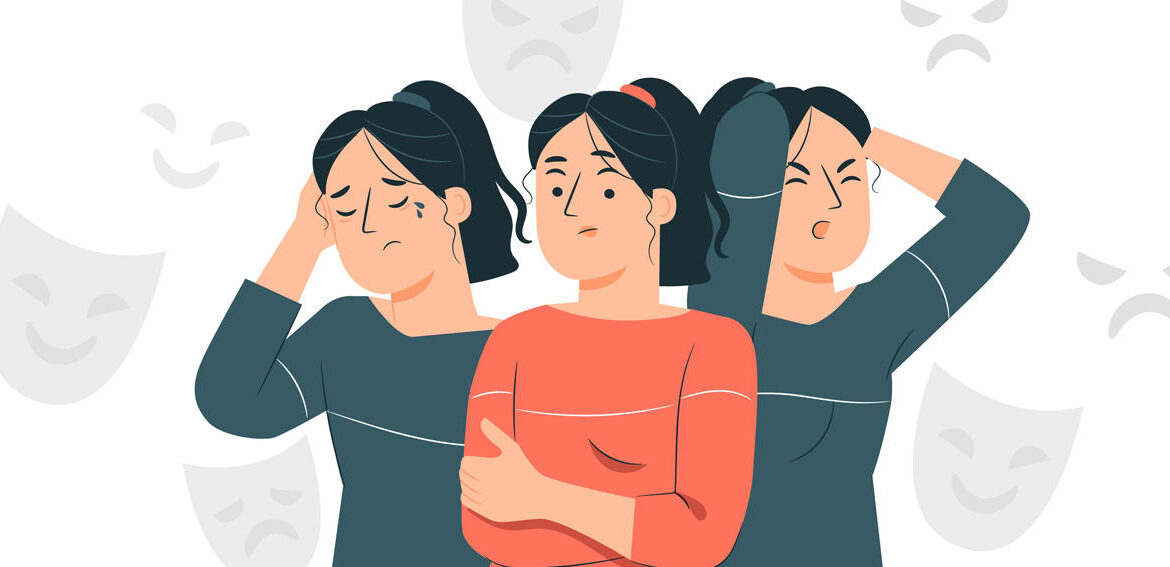Mood related issues are more understood with feeling of sadness, anxiety, phobia or stress.
Sadness, feeling down, having a loss of interest or pleasure in daily activities – these are symptoms familiar to all of us. But, if they persist and affect our lives substantially, it may be depression. Depression is a mood disorder characterized by persistently low mood and a feeling of sadness and loss of interest. It is a persistent problem, not a passing one, lasting on average 6 to 8 months.
Sometimes physical problems can cause depression. But other times, symptoms of depression are part of a more complex psychiatric problem.
Symptoms of Mood related issues
-
Feeling sad or down
-
Confused thinking or reduced ability to concentrate
-
Excessive fears or worries, or extreme feelings of guilt
-
Extreme mood changes of highs and lows
-
Withdrawal from friends and activities
-
Significant tiredness, low energy or problems sleeping
-
Detachment from reality (delusions), paranoia or hallucinations
-
Inability to cope with daily problems or stress
-
Trouble understanding and relating to situations and to people
-
Problems with alcohol or drug use
-
Major changes in eating habits
-
Sex drive changes
-
Excessive anger, hostility, or violence
-
Suicidal thinking
Sometimes symptoms of a mental health disorder appear as physical problems, such as stomach pain, back pain, headaches, or other unexplained aches and pains.
When to seek help
If you have any signs or symptoms of a mental illness, see your primary care provider or a mental health professional. Most mental illnesses don’t improve on their own, and if untreated, a mental illness may get worse over time and cause serious problems.


